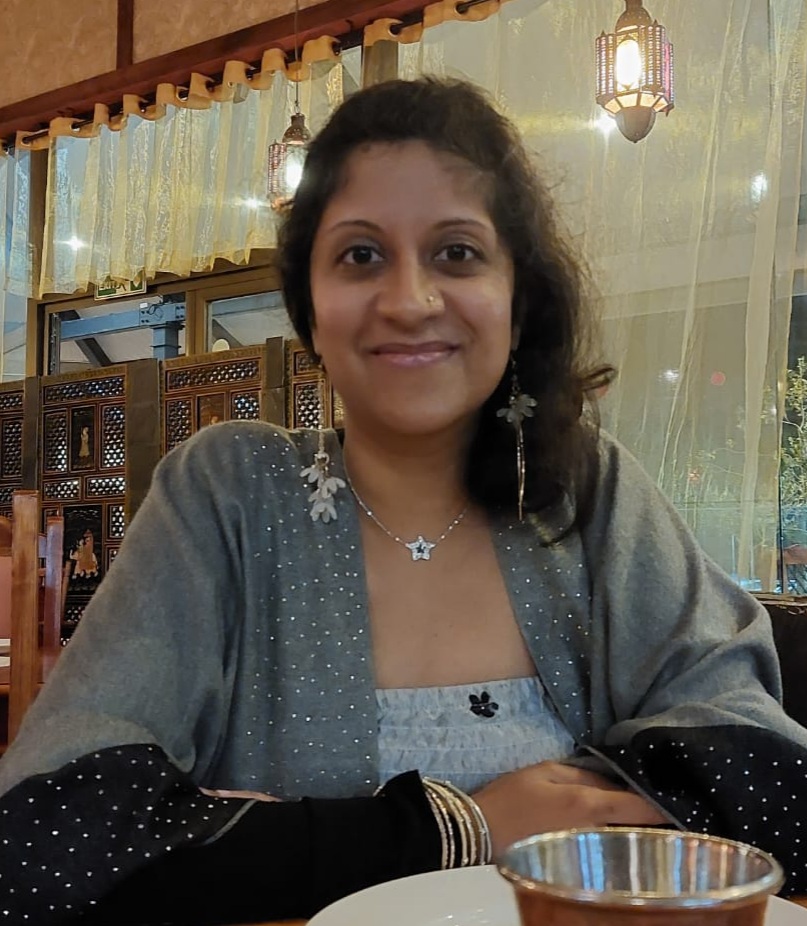
CMSI Lecture – Sraddha Shivani Rajkomar
Speaker: Dr Sraddha Shivani Rajkomar (University of Mauritius)
Title: Translating Trauma, (Re)writing Memory: Mauritius and the Indenture Narrative
Event date and time: Wednesday 19 June 2024, 4.30 p.m. – 6.00 p.m.
Location: Camelot meeting room (3.30), Faculty of Arts and Philosophy, Blandijnberg 2, 9000 Gent
Abstract: Suppliers of its largest workforce to colonized Mauritius for over a century, slavery and indenture were characterized by structural violence. This violence was physical, psychological (Rajkomar, 2018), and discursive, marked by misrepresentations, gaps, and the suppression and destruction of archival material marring postcolonial attempts at memorialization and pointing to ‘imperial durabilities in our times’ (Ann Laura Stoler, 2016). Consequently, the Mauritius Truth and Justice Commission Report (2011) called, amongst others, for ongoing research on the unearthing and safeguarding of slave and indenture memory across media forms. To that end, I set out to translate the novel Gandhiji Bole The (‘What Gandhiji Said’) by celebrated Indo-Mauritian writer Abhimanyu Unnuth. Published in Hindi in 1984, the novel is set in early-twentieth-century Mauritius. It pools from oral family history, historiography, and Unnuth’s personal experience of working in sugarcane fields to portray what I identify as the intergenerationality of indenture trauma, and to remember MK Gandhi’s role in the economic and political progress of Indian indentured labourers.
My talk highlights key features of this intergenerational trauma in and through my English translation of Gandhiji Bole The. I am especially drawn to the figure of the child – a classic trope of narratives functioning as myth of origins – that falls sick after witnessing a scene of murder, and later goes on to access education and become the leader of the labourers’ union. This child, I argue, holds symbolical potential as representative of descendants of indentured labourers who are confronted with suppressed memories of trauma exploding onto the centre stage. The child allows reflection on a trauma extending to Unnuth at the meta-narrative level and beyond. I explore its symbolical potential through my own multi-layered positionality as a descendant of indenture using English, the former imperialist language, to mediate between past and present as translator (re)writing Unnuth’s memorialization of indenture as traumatic, and as a postcolonialist teaching indenture narratives to younger generations of Indo-Mauritians in the classroom context. It is a self-reflective exercise that, furthermore, probes into the contribution to postcolonial trauma theory of studying the affective dimension of translating the traumatic experiences of those who in turn come to stand for one’s ancestors.
Bio: Sraddha Shivani Rajkomar joined the University of Mauritius as Lecturer in English and Cultural Studies after completing her undergraduate and postgraduate studies at the University of Leeds. Her research interests include postcolonial, islandand diasporic histories, cultures and literatures; trauma and memory studies; the sacred; creolisation and Orientalism. She is the translator of What Gandhiji Said (working title; forthcoming), originally written in Hindi by Mauritian writer Abhimanyu Unnuth. For this project, she received funding from the Mauritius Research and Innovation Council (MRIC).
Contact: s.rajkomar@uom.ac.mu
